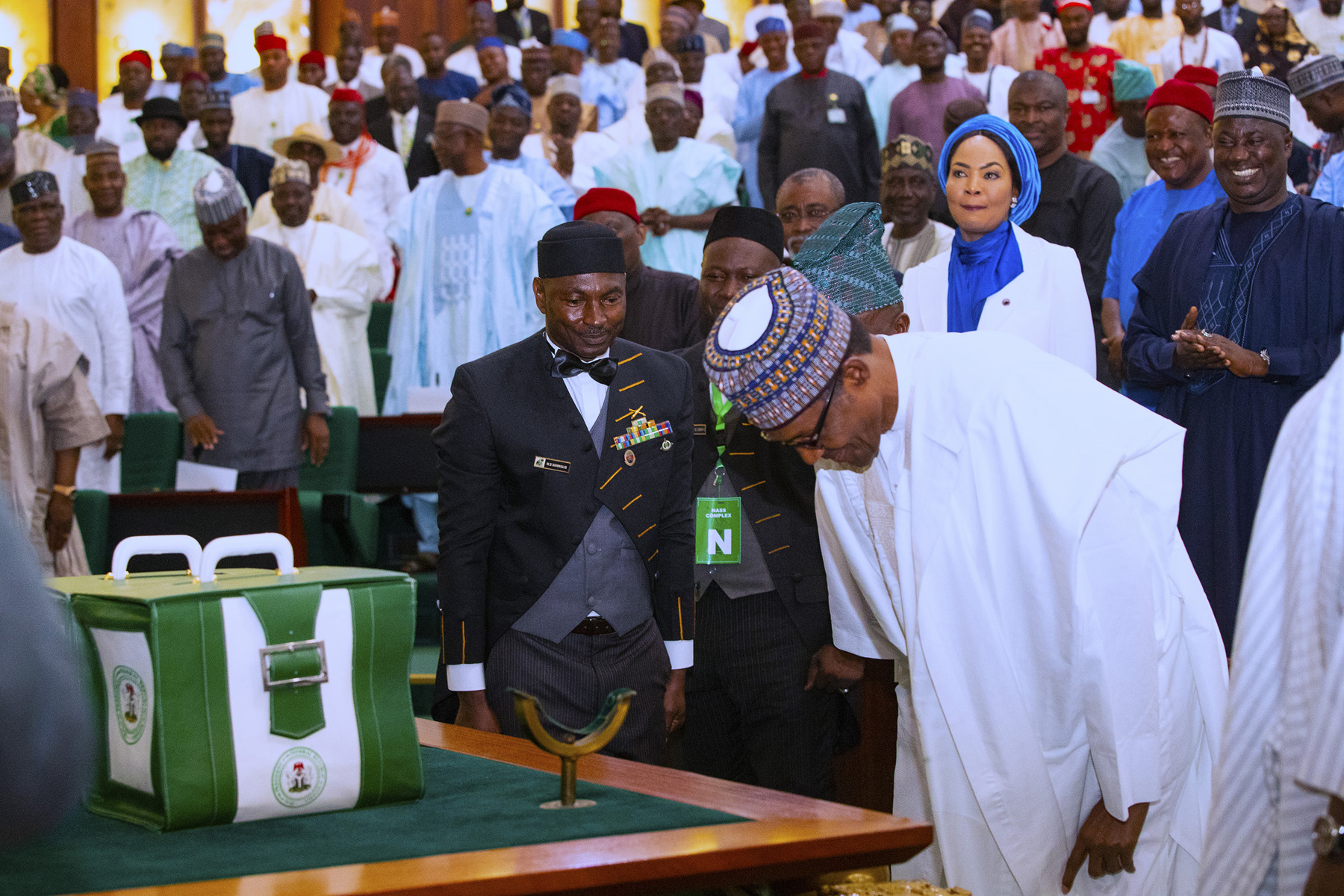It is on record that the Federal Inland Revenue Service (FIRS) doubled the number of taxpayers from 10 million in 2015 to 20 million in 2019.Nonetheless, with Nigeria’s economically active population at 115.5 million, there is still a substantial number of non-taxpayers, which stands at 82.7%.
As such, since 2015, the FIRS, in collaboration with Nigeria’s federal government, has introduced some measures and schemes to improve tax compliance and increase tax revenue. One of such schemes was the Voluntary Assets and Income Declaration Scheme (VAIDS) – a tax amnesty scheme offered to tax defaulters to pay taxes on all prior undeclared income and assets. That way, the defaulters would avoid penalty payments and prosecution, while the government recovers substantial revenue. However, according to the World Bank, at the end of the amnesty period only 8% of the targeted amount was achieved.
In addition, data from the United Nations Economic Commission for Africa (UNECA) show that in 2018 Nigeria’s estimated VAT Gap (the shortfall between potential and actual VAT collections) was one of the largest in Africa at 71.2% compared to South Africa, which has the lowest at 13.3%. Nigeria’s VAT Gap was only better than that of Uganda (71.4%), Eswatini (86.1%) and Central African Republic (CAR- 92.2%).
Following from these pieces of evidence it is easy to conclude that Nigerians hate tax: but how true is this? Do Nigerians really hate tax or do they have other more pressing concerns that need addressing, first, to enhance tax morale and compliance?
Advertisement
On the contrary, a recent study on tax responsibility of small business owners in Nigeria reveals that Nigerians do not actually hate tax, as often assumed. Most of the small business owners in the study were cognizant of their tax responsibilities. However, their perceptions of their tax responsibilities vary.Some taxpayers think they owe it as a duty to pay their taxes whether or not they see any benefits, while others think they need to be convinced that their taxes would be put to good use before payment. The former exhibited high tax morale,while the latter displayed low tax morale.
A unique distinction between the two groups is how they see the relationship between tax compliance and accountability. On one hand, taxpayers with high tax morale perspective believe that tax compliance should take precedence before demanding for accountability. On the other hand, taxpayers with low tax morale perspective believe that accountability enables trust in the tax system, which in turn enhances tax compliance. In that regard, tax payers with high tax morale perspective tend towards voluntary tax compliance, while taxpayers with low tax morale perspective tend towards enforced tax compliance.
The study also found that people relate to taxation from other different perspectives – e.g. as a development, legal, and or moral issue. These perspectives, also, manifest in different ways in relation to their tax morale. Where morale is high, a person who sees taxation as a development instrument complies first and asks for accountability later; a person, who sees taxation as a legal matter, complies with the spirit of the law, and the person who sees taxation as a moral issue, aims to do the right thing without any set conditions. Where morale is low, a person who sees tax as a development instrument asks for accountability first before compliance. In the same situation, the person who sees tax as a legal matter, focuses on the letters of the law to explore loopholes; and the person who looks at it from a moral perspective finds justification in doing the right thing with a caveat – as long as it pays.
Advertisement
In addition, the study reveals that tax morale can have implications for trust in the tax system. The latter (i.e. trust in the tax system) is said to enhance voluntary compliance and tax revenues. Therefore, it is in the interest of the tax authority to build trust through such mechanisms as education, awareness creation, transparency, accountability, enabling environment, care, et cetera. Trust building can be either weak or strong; and this matters. As trust is built, it will over time diminish low morale and reinforce high morale through the strong transmission path. However, where the trust building mechanisms are weak, they will immediately reinforce low morale and over time erode high morale. It is, therefore, in the interest of tax authorities to build trust through strong impact mechanisms.
As such, government accountability is paramount to building trust. How taxpayers perceive public accountability in the utilisation of taxes influences their tax compliance perception. Tax authorities – i.e. FIRS – should pay attention to this, as it would help them develop appropriate strategies to improve transparency and public accountability in the use of tax revenue. Improved transparency and public accountability can only contribute to improved tax compliance and increase in tax revenue.
In sum, Nigerians do not necessarily hate tax. They just want to be convinced that their taxes would work. Given this scenario, it is in the interest of the government to demonstrate tax accountability and transparency to enhance tax compliance in the country. This responsibility should not be abandoned to a specific agency. It will require an integrated approach across all the agencies of the government. If possible, the government should create a tax accountability desk or office within the ministry of finance or ministry of budget and planning to facilitate and coordinate tax transparency and accountability in the country.
The different views of taxpayers in the paper demonstrate that taxpayers are not a homogenous group, as often assumed.The study shows that understanding the diverse and nuanced discursive views of taxpayers would enhance tax authorities, in this case the FIRS, with the capability to develop a social approach to driving tax compliance and increase Nigeria’s tax revenue. This approach accounts for tax morale, trust in tax, accountability and effective tax communication.
Amaeshi is a professor of business and sustainable development at the University of Edinburgh and tweets @kenamaeshi
Advertisement
Contributors to this article: Bongo Adi is a development economist at the Lagos Business School, Pan-Atlantic University; while Godson Ikiebey is a sustainable development expert and tweets @ikiebey
Views expressed by contributors are strictly personal and not of TheCable.







